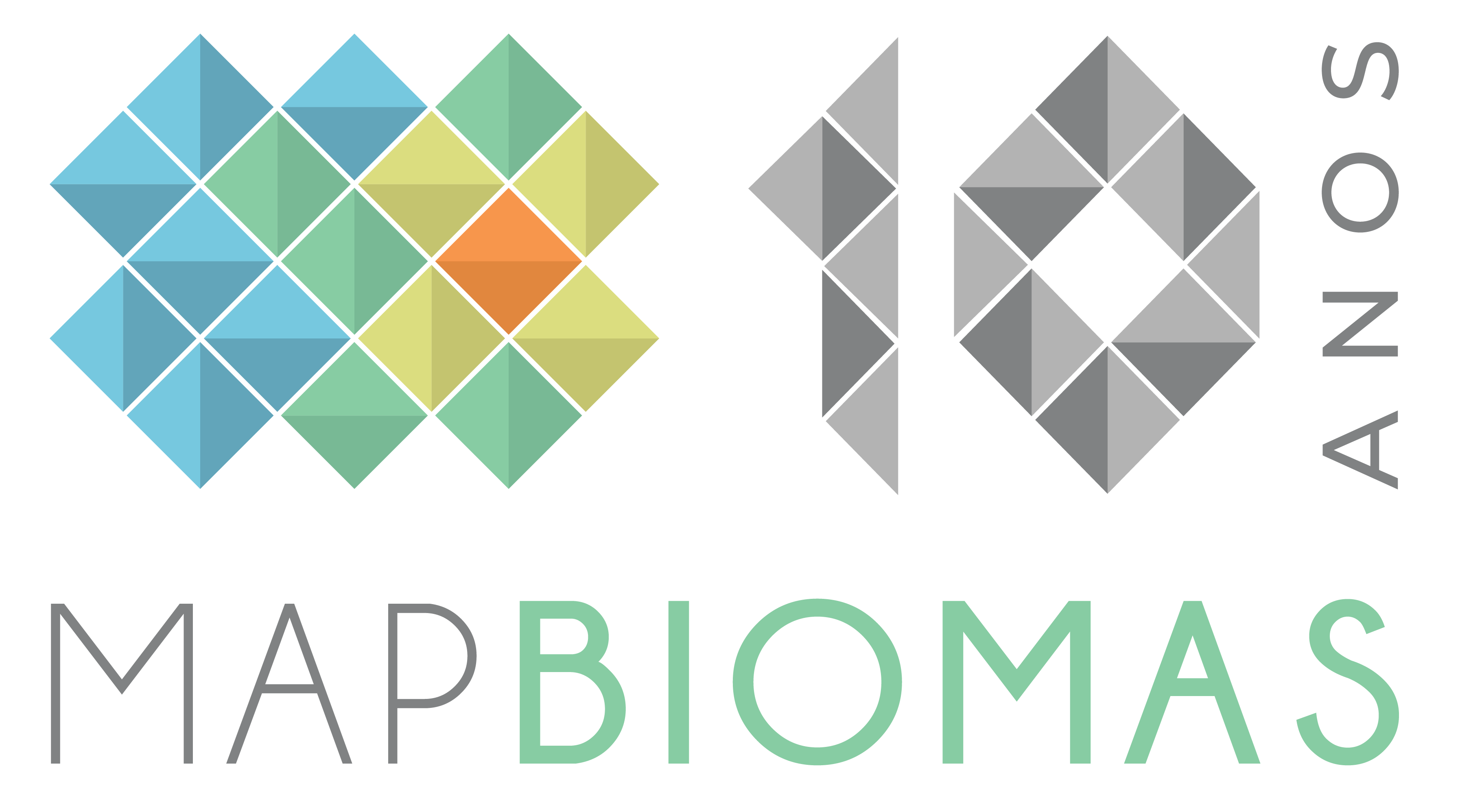The registrations for the MapBiomas Award, held in partnership with the Instituto Ciência Hoje, have been extended until March 20, 2022 (initially the deadline was February 18). Entries can include works that use data or mention any of the MapBiomas initiatives. In total, there are R$ 60,000 in prizes and the promotion of the winners' works through videos and social media, as well as a one-year subscription to the Ciência Hoje magazine and a course on Greenhouse Gas Emissions (GEE) by Solved. Registrations are free and online.
The aim of the Award is to recognize and stimulate works that develop solutions and enhance knowledge production and applications in public policies and the private sector using data from an initiative, module, or product of MapBiomas. In other words, entries can include works that use data or mention MapBiomas Brasil, MapBiomas Amazônia, MapBiomas Chaco, MapBiomas Bosque Atlantico, MapBiomas Pampa Sul-Americano, MapBiomas Indonésia, MapBiomas Alerta, MapBiomas Árida, or the GeoCovid MapBiomas portal.
>> Access the prize's call for proposals
The prize is open to studies, articles, monographs, dissertations, theses either individual or co-authored, from technical, undergraduate, graduate, and professional levels from private companies or NGOs, as well as public managers. They must be either unpublished or published from 2020 onwards and must use data or cite any initiative from MapBiomas. For example, they may describe an application of MapBiomas data in public policies or projects and activities developed by civil society or companies.
"The papers will be evaluated by a committee composed of five specialists and representatives from the organizations partnering with this call, who will assess criteria such as theoretical and methodological consistency, relevance, originality, innovation, and the potential for technical-scientific, socioeconomic, environmental impact, and public policy."
Previous edition
The 3rd edition of the MapBiomas Award set a record for the number of participants. There were 160 entries across the three categories: General, Youth, and Outstanding Applications for Public Policy. This marked a 60% increase compared to the previous year. This year, there was a balanced representation of both young participants and those over 30 years old. Land Use was the predominant theme, followed by Diversity.
Check out how last year's edition unfolded and who the winning works were.

